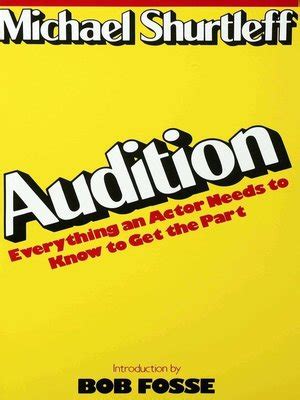A Quote by Mario Vargas Llosa
No matter how ephemeral it is, a novel is something, while despair is nothing.
Related Quotes
An individual in despair despairs over something. . . . In despairing over something, he really despair[s] over himself, and now he wants to get rid of himself. Consequently, to despair over something is still not despair proper. . . . To despair over oneself, in despair to will to be rid of oneself-this is the formula for all despair.
I often hear people say that they read to escape reality, but I believe that what they’re really doing is reading to find reason for hope, to find strength. While a bad book leaves readers with a sense of hopelessness and despair, a good novel, through stories of values realized, of wrongs righted, can bring to readers a connection to the wonder of life. A good novel shows how life can and ought to be lived. It not only entertains but energizes and uplifts readers.
After finishing a draft, no matter how rough, I almost always put it aside for a while. It doesn't matter if it's a story or a novel, I find that when it's still fresh in my mind I'm either thoroughly sick of its flaws or completely blind to them. Either way, I'm unable to make substantive edits of any value.
No matter how much we know about the other person, there is always something going on in that other heart and that other head that we don't know but can only ponder. And no matter how we explain ourselves to someone else, no matter how open we are, there is always still something inexplicable, something hidden and unknown in us, too.
When I cook at home, most of the people I cook for want to be in the kitchen while I'm cooking. I love nothing more than someone monitoring how much salt I put into something, how much pepper I add - but nothing that you can offer is going to sway how I decide to deliver information to you; you'll either receive it or you won't.
What do you mean less than nothing? I don't think there is any such thing as less than nothing. Nothing is absolutely the limit of nothingness. It's the lowest you can go. It's the end of the line. How can something be less than nothing? If there were something that was less than nothing, then nothing would not be nothing, it would be something - even though it's just a very little bit of something. But if nothing is nothing, then nothing has nothing that is less than it is.






































